How Can ERP Help in Healthcare Business?
The Healthcare industry is not the same anymore. Partnering with the tech world has proven extremely beneficial for them, one of which is the use of Enterprise resource planning (ERP) systems for their healthcare setup.
This program helps them integrate various operation processes, like financial management, human resources (HR), inventory management, and supply chain functions.
With respect to the healthcare industry, an ERP system helps to streamline and automate various processes, such as appointment scheduling, electronic medical records, billing and claims management, purchasing, etc.
ERP Benefits in Healthcare
An ERP system has the following advantages:
Improved data management
ERP systems can make access easier for healthcare organizations to manage and analyze large amounts of data, including patient records, billing information, and supply chain management.
This function greatly improves the accuracy and efficiency of management, leading to better decision-making and patient care.
Streamlined collaboration between Departments
Having an ERP system facilitates collaboration and effective communication between different departments or teams within a healthcare organization. This makes communication easy and results in coordinated and efficient care.
Better patient care
By providing healthcare workers with real-time access to patient records and other data, cloud ERP systems enhance patient care by allowing for more informed decision-making and more personalized treatment plans.
Cloud-based systems mean that access to documents remotely is possible. This includes patient information and reports review even if they are far away from the medical center.
ERP cloud systems aid doctors in giving appropriate advice at any given point in time regardless of the fact that they are near the patient or not.
Some specific benefits of using NetSuite for a healthcare setup include:
Analysis and Strategic Planning
Healthcare center is run on a business model. Therefore, using an ERP solution for this is the most appropriate step to improve operational and functional efficiency and real-time insights that will aid in correct decision-making.
The ERP software allows healthcare institutions to identify their shortcomings and bottlenecks. Administrators can make use of this information to strategize effective business plans and improve the overall performance of various departments.
The higher authorities know which areas to improve, and they will be able to track and devise whether or not they need to modify existing terms and policies or continue with them.
Not the least point, but ERP sheds some light on the set budgets to help your move along with your expenditure and make forecasts for the future days to come.
Improved financial management
NetSuite ERP can help your healthcare organization manage finances better by providing tools for tracking expenses, generating reports, and identifying areas for cost savings.
Increased Patient data security
NetSuite offers robust security measures to protect sensitive patient and financial data, which is important in the healthcare industry where data privacy is a critical concern.
Final Words
In a nutshell, using NetSuite helps healthcare organizations to improve work in terms of efficiency, enhancement of patient care, and better management of their finances while also ensuring data security. Connect with Power Cloud Consulting by dialing (866) 517-8483 for a free consultancy session.


